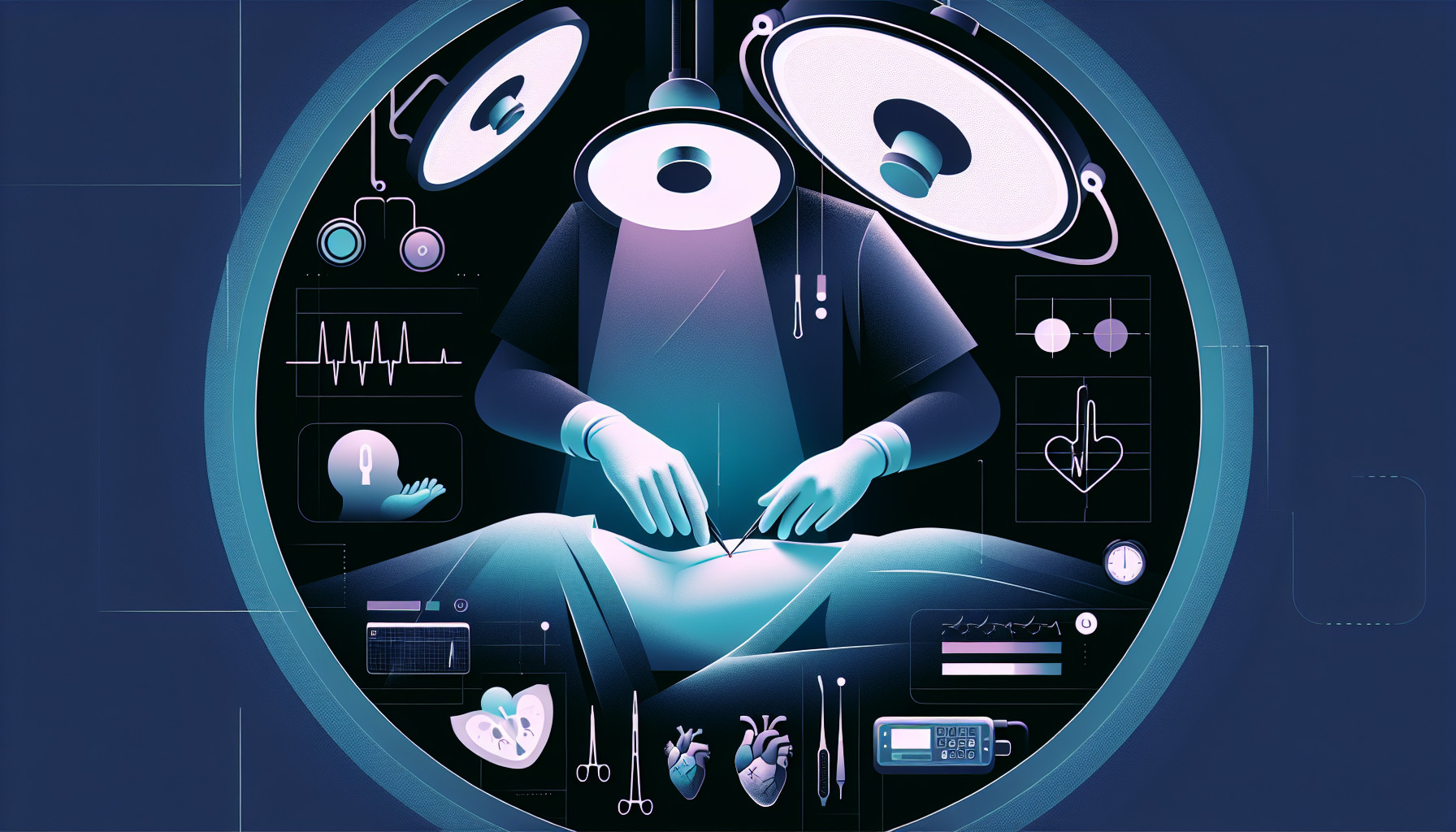Our Summary
This research paper is about a study done in India that looked at the quality of life of breast cancer survivors after having two different types of surgeries: breast conservation surgery (BCS) and modified radical mastectomy (MRM). The study included 138 women who had one of these surgeries between January and December 2015.
The researchers wanted to see how the women felt about their lives 6 months and 1 year after their surgeries. They did this by asking the women to fill out a questionnaire about their quality of life.
The study found that the women who had BCS generally felt better about their physical health, breathing, energy levels, appetite, and body image 6 months after surgery compared to the women who had MRM. One year after surgery, women who had BCS also rated their overall health and sexual enjoyment higher than those who had MRM.
However, the women who had MRM felt better emotionally and were more optimistic about their future one year after surgery compared to those who had BCS.
In simple terms, the study suggests that while BCS might lead to better quality of life in some aspects, MRM could be better for emotional well-being and future outlook.
FAQs
- What were the two types of surgeries compared in the study?
- How did the researchers measure the quality of life in breast cancer survivors post-surgery?
- What were the main findings of the study in relation to the quality of life after breast conservation surgery (BCS) and modified radical mastectomy (MRM)?
Doctor’s Tip
Tip: It is important to discuss with your doctor the potential physical and emotional effects of both breast conservation surgery and modified radical mastectomy before making a decision on which type of surgery to undergo. Make sure to ask about the potential impact on your quality of life and discuss any concerns or questions you may have.
Suitable For
Radical mastectomy, also known as MRM, is typically recommended for patients with larger tumors or tumors that are close to the chest wall. It is also recommended for patients with multiple tumors in the breast or those with tumors that are difficult to remove with breast conservation surgery (BCS). Additionally, patients with aggressive forms of breast cancer or those with a high risk of recurrence may be recommended MRM to ensure complete removal of the cancerous tissue.
Patients who have already undergone BCS and have experienced a recurrence of breast cancer may also be recommended MRM to ensure complete removal of the cancer. Ultimately, the decision to undergo MRM is based on a variety of factors including the size and location of the tumor, the stage of the cancer, the patient’s overall health, and their personal preferences. It is important for patients to discuss their options with their healthcare provider to determine the best course of treatment for their individual situation.
Timeline
Before radical mastectomy:
- Patient receives a breast cancer diagnosis and discusses treatment options with their healthcare provider.
- Patient undergoes pre-operative tests and consultations to prepare for surgery.
- Patient makes the decision to proceed with a radical mastectomy, which involves the removal of the entire breast, underlying chest muscles, and sometimes lymph nodes.
- Patient undergoes the radical mastectomy surgery, typically lasting several hours.
- Patient recovers in the hospital for a few days post-surgery, followed by a longer recovery period at home.
- Patient may experience physical and emotional challenges during the recovery process, such as pain, swelling, fatigue, and body image changes.
After radical mastectomy:
- Patient continues to recover at home and gradually resumes daily activities.
- Patient may undergo follow-up appointments with their healthcare provider to monitor healing and address any complications.
- Patient may undergo additional treatments, such as chemotherapy or radiation therapy, depending on the stage and characteristics of their breast cancer.
- Patient may experience long-term physical and emotional effects of the surgery, such as scar tissue, lymphedema, and changes in self-esteem and body image.
- Patient may participate in support groups or counseling to cope with the emotional impact of the surgery and adjust to life after breast cancer treatment.
- Patient continues to receive regular follow-up care to monitor for any signs of cancer recurrence and maintain their overall health and well-being.
What to Ask Your Doctor
Some questions a patient may consider asking their doctor about radical mastectomy include:
- What are the potential physical side effects or complications of a radical mastectomy compared to other types of breast cancer surgeries?
- How will a radical mastectomy impact my overall quality of life, including my physical health, emotional well-being, and future outlook?
- Are there any long-term effects of a radical mastectomy that I should be aware of?
- Will I need any additional treatments or therapies after a radical mastectomy, and how might these impact my quality of life?
- What are the success rates and prognosis for breast cancer patients who undergo a radical mastectomy compared to other surgical options?
- Are there any support groups or resources available for patients who have undergone a radical mastectomy to help cope with the emotional and psychological effects of the surgery?
- How soon after a radical mastectomy can I expect to resume normal daily activities and what lifestyle changes may be necessary?
- Are there any alternative or less invasive surgical options available for treating my breast cancer that may have similar outcomes to a radical mastectomy?
- What are the risks and benefits of a radical mastectomy in my specific case, and how can I make an informed decision about my treatment options?
- Can you provide me with more information or resources to help me better understand the potential impact of a radical mastectomy on my quality of life and overall well-being?
Reference
Authors: Cherian K, Acharya NR, Bhargavan RV, Augustine P, Krishnan JKM. Journal: South Asian J Cancer. 2022 Apr 25;11(3):183-189. doi: 10.1055/s-0042-1743420. eCollection 2022 Jul. PMID: 36588615
